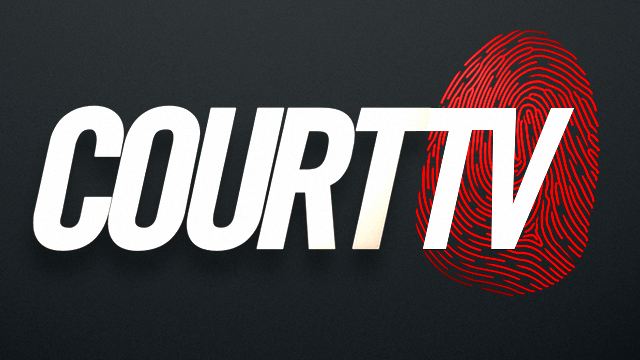Hire a Prison Consultant with
OVER 20 YEARS EXPERIENCE
We've helped over
Clients
Return to their families as quickly and safely as possible.
What is Mortgage Fraud?
Mortgage fraud is a type of white-collar crime wherein an individual or entity provides false or misleading information during the mortgage application process to secure a loan that would not have been approved if accurate details were presented. This fraud can manifest in several ways, such as inflating one’s income, lying about employment, exaggerating property value, or concealing debt levels. Mortgage fraud is typically categorized into two main types: fraud for housing (to buy a home) and fraud for profit (typically involving industry professionals aiming for financial gains).
Mortgage Fraud Charges
Mortgage fraud crimes can be prosecuted under various federal statutes, but two key ones include:
- 18 U.S.C. § 1341 (Mail Fraud): This statute can be applied if the U.S. postal service or private mail carriers are used in furtherance of the fraud.
- 18 U.S.C. § 1343 (Wire Fraud): Applicable when electronic communications, like phone calls or emails, are employed to commit the fraud.
Other relevant provisions might include bank fraud (18 U.S.C. § 1344) or conspiracy to commit any of these offenses.
Mortgage Fraud Investigations
Given the nature of mortgage fraud, involving financial institutions, real estate transactions, and potential interstate or even international communications, several federal agencies may be called upon to investigate:
- The Federal Bureau of Investigation (FBI) typically spearheads the effort given its mandate to address complex financial crimes.
- The U.S. Department of Housing and Urban Development’s Office of Inspector General (HUD-OIG) may become involved, especially when federally guaranteed or insured mortgage programs are exploited.
- The Federal Financial Institutions Examination Council (FFIEC) can also play a role, given its oversight of numerous financial entities.
In addition, state and local agencies often assist, especially if local real estate or lending professionals are implicated.
Mortgage Fraud Sentencing
In determining sentences for mortgage fraud, the U.S. Sentencing Guidelines consider several aspects:
- Magnitude of the Fraud: Fraudulent schemes that involve large sums or multiple properties often result in harsher penalties.
- Impact on Victims: If the fraud led to foreclosures, bankruptcies, or significant financial strain for homeowners, sentencing could be more severe.
- Role in the Fraud: Individuals masterminding the fraud or playing pivotal roles typically face stiffer penalties than those marginally involved.
- Prior Criminal History: Past convictions, especially involving financial crimes, can heighten the severity of the sentence.
- Acceptance of Responsibility: Demonstrated remorse, restitution efforts, and cooperation with authorities can mitigate the severity of sentencing.
For violations under 18 U.S.C. § 1341 or § 1343, individuals convicted can face fines and/or imprisonment of up to 20 years. However, the specifics of the crime, the number of instances, and the total financial implications play crucial roles in the determination of final sentencing. Given the multifaceted nature of mortgage fraud, those accused are strongly advised to seek proficient legal representation.
Facing Mortgage Fraud charges can be an overwhelming experience.
Retaining the services of Wall Street Prison Consultants can provide valuable guidance on navigating the legal process and understanding the ramifications of going to trial versus taking a plea.
Their expertise can help you prepare for sentencing hearings, explore early release options or sentence reductions, and ensure that you are well-equipped to achieve the best possible outcome in your Mortgage Fraud case.






